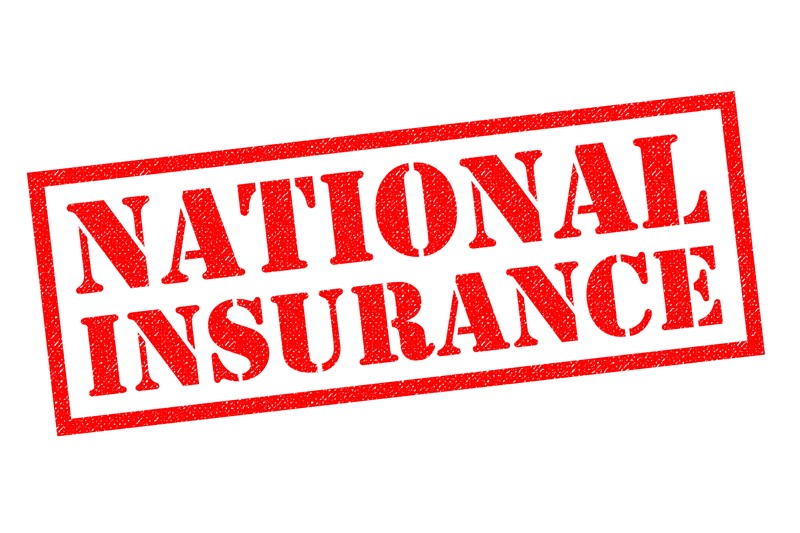The deadline for submitting the 2021-22 forms P11D, P11D(b) and P9D is 6 July 2022. The forms can be submitted using commercial software or via HMRC’s PAYE online service. Employees must also be provided with a copy of the information relating to them on these forms by the same date. P11D forms are used to provide information to HMRC on all Benefits in Kind (BiKs), including those under the Optional Remuneration Arrangements (OpRAs) unless the employer has registered to payroll benefits.
This is known as payrolling and removes the requirement to complete a P11D for the selected benefits. However, a P11D(b) is still required for Class 1A National Insurance payments regardless of whether the benefits are being reported via P11D or payrolled. The deadline for paying Class 1A NICs is 22 July 2022 (or 19 July if paying by cheque).
Where no benefits were provided from 6 April 2021 to 5 April 2022 and a form P11D(b) or P11D(b) reminder is received, employers can either submit a 'nil' return or notify HMRC online that no return is required. Employers should ensure that they complete their P11D accurately, including all the details of cars and loans provided. There are penalties of £100 per 50 employees for each month or part month a P11D(b) is late. There are also penalties and interest for late payments.
Any tax or National Insurance due for 2021-22 under a PAYE Settlement Agreement (PSA) needs to be paid electronically to clear into HMRC’s bank account by 22 October 2022 (19 October 2022 for payments by cheque). This does not need to be reported on a P11D.





